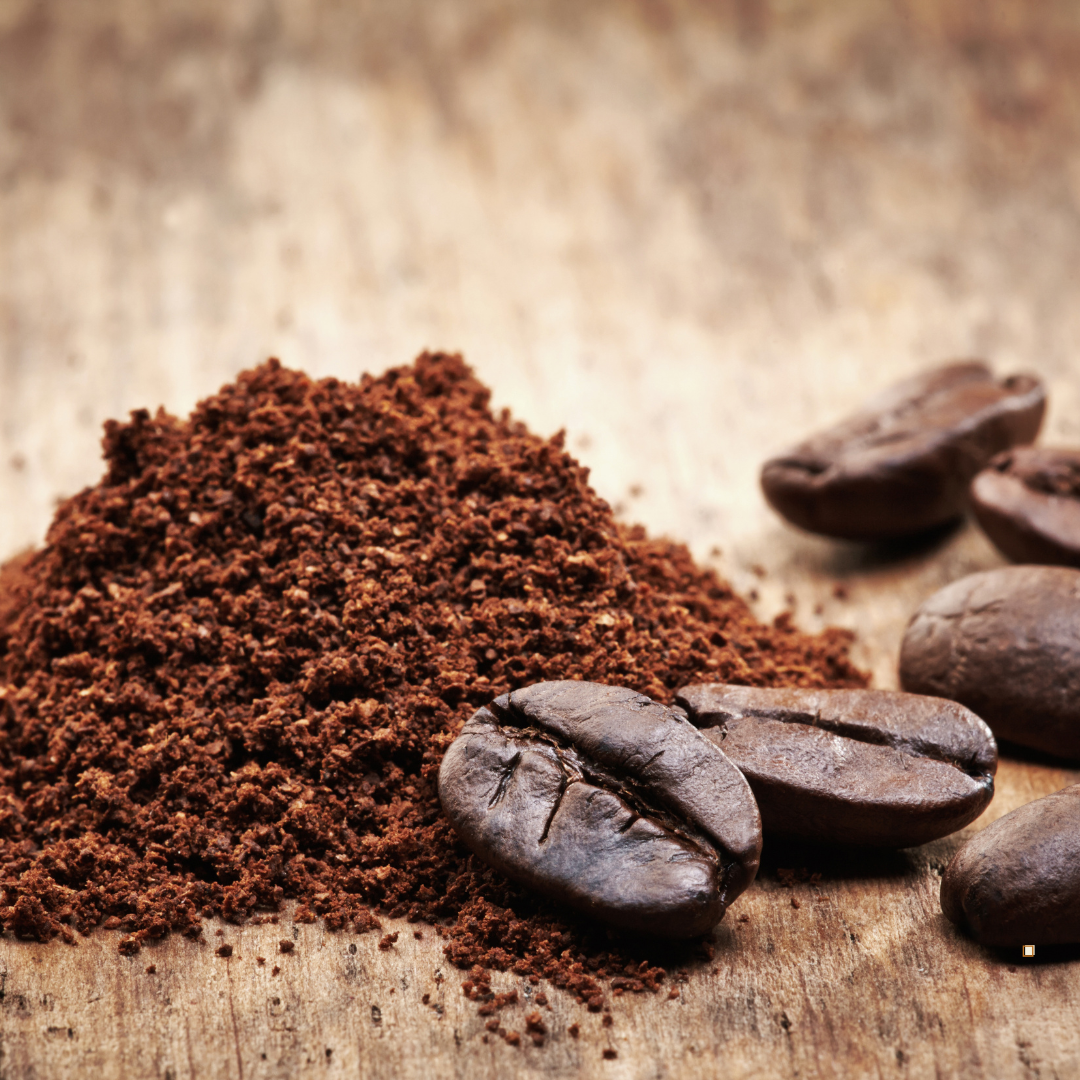
The Role of Fair Trade in Decaf Ground Coffee Production
When you brew a fresh cup of decaf ground coffee in the morning, do you ever stop to consider the journey those beans have taken before reaching your kitchen counter? There’s a remarkable story behind every scoop: from the farmers who tend to the coffee cherries, to the importers ensuring ethical standards, to the roasters dedicated to bringing out the best flavors. Within this global puzzle, the concept of fair trade has emerged as a powerful force for good. It provides a framework that supports farming communities, encourages sustainable practices, and ensures everyone along the supply chain is treated fairly. As a longtime roaster, I’ve come to appreciate just how crucial these efforts are, especially when it comes to the world of caffeine-free brews.
Understanding the Fair Trade Difference
Fair trade certification isn’t just about a label on a bag; it represents an idea that goes far beyond marketing. It’s about ensuring that small-scale farmers receive a reasonable price for their harvest, allowing them to invest back into their land, infrastructure, and communities. This improved economic stability can translate into better education, healthcare, and long-term sustainability. When it comes to producing decaf, fair trade principles matter because removing caffeine doesn’t strip away the complexities of origin, soil, and climate that define the flavor of your drink. By choosing beans grown under these standards, you’re not only savoring a cup that’s kinder to your nervous system, but you’re also supporting growers who deserve proper compensation for their hard work.
Fair Trade and the Decaffeination Process
You might be surprised to learn that producing a smooth, flavorful caffeine-free brew is no simple task. Transforming regular beans into a decaf ground coffee delight typically involves specialized processing methods like the Swiss Water Process or CO2 extraction. These techniques aim to remove caffeine while maintaining the intricate taste notes and aroma of the bean. As more roasters invest in sustainable and fair trade sourcing, decaffeinated selections are becoming just as refined and diverse as their caffeinated counterparts. Through the fair trade lens, every participant in this chain—from the farmers who nurture the coffee cherries to the facilities performing the decaffeination—is part of a mission to ensure fairness, safety, and mutual benefit. By supporting ethically sourced beans, you help drive demand for better standards, ultimately improving the decaf landscape for everyone.
Transparency and Traceability
Today’s coffee drinkers crave transparency. They want to know where their beans come from, how they were processed, and who benefits along the way. Fair trade certification pushes for such openness, encouraging roasters and importers to share detailed information about their supply chain. For those who enjoy their daily mug without the buzz, this can be especially meaningful. When your bag of coffee comes with a story—where it was grown, which cooperative produced it, and how fair trade principles were upheld—you become a more informed consumer. This deeper connection can enhance your brewing routine, making each cup not only more delicious but more satisfying, knowing that your choice contributes to a better future for coffee-growing communities.
Elevating Quality and Flavor
Fair trade standards do more than ensure fair compensation; they can also raise the quality of your brew. When farmers earn a fair price, they’re more inclined to invest in improved cultivation techniques, better equipment, and sustainable practices that yield healthier, more vibrant crops. In turn, this leads to beans that deliver fuller flavors, cleaner finishes, and richer aromas. With increased access to training and resources, smallholders can experiment with new varieties or processing methods that elevate the complexity of their product. Over time, this virtuous cycle helps roasters find exceptional lots that transform into your favorite decaf ground coffee at home. By supporting fair trade coffee, you’re indirectly encouraging innovation, craftsmanship, and excellence in every cup.
Sustainable Futures and Climate Resilience
As climate change continues to challenge agriculture worldwide, coffee is no exception. Fair trade can help farmers adapt to shifting weather patterns by offering resources to implement more resilient farming methods. When growers have the financial stability to diversify crops, improve water management, or plant shade trees that protect their coffee plants, they become better equipped to handle environmental stresses. Such investments ultimately preserve the variety and availability of beans that end up in your kitchen. Fair trade creates a more stable supply chain, ensuring that we all continue to enjoy a wide selection of decaf ground coffee options, even in the face of unpredictable climate conditions.
Empowering Cooperative Models
One of the most heartening aspects of fair trade is how it encourages cooperative structures. When farmers join forces to form cooperatives, they gain collective bargaining power, shared resources, and greater influence in the global market. This communal approach helps elevate whole communities, not just individual households. For those who appreciate their coffee without caffeine, fair trade means your morning ritual is built upon a foundation of collective strength. Each sip stands for unity and empowerment. By favoring beans sourced under such conditions, you support systems that empower growers to have more say in their own destinies, ultimately improving the industry’s health and diversity.
Moving Forward with Confidence
As more roasters and consumers embrace fair trade values, the world of decaf ground coffee stands on the cusp of exciting possibilities. There’s no need to settle for lackluster, compromised flavors or question whether your purchase supports farmers fairly. Instead, you can confidently select from small batch roasted beans that highlight each region’s unique profile, premium coffee beans sourced through our trusted importer ensuring top-quality standards, or even arrange fast delivery so your pantry is always stocked. By choosing ethically sourced options, you’re participating in a transformative movement that uplifts communities, safeguards the planet, and celebrates the artistry of coffee production, all without the caffeine content that might keep you up at night.

